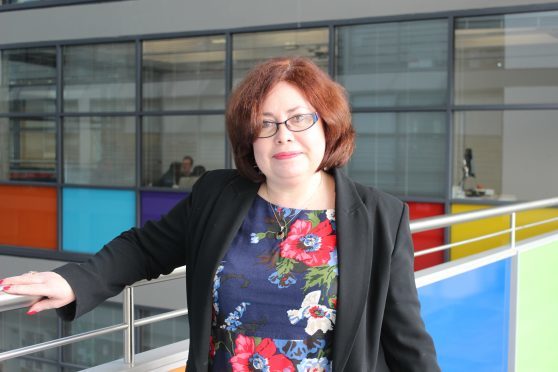As the EU referendum campaign gathers pace there seems to be no place left to hide from debate about the pros and cons of belonging to the European Union.
Certainly this seems true of social media, with every day bringing new Facebook posts or tweets on the subject. However, do these ‘keyboard warriors’ actually influence anyone to change their minds or has social media just become another place to blow off steam?
Certainly, for younger people, social-media sites are where they gain a lot of their knowledge of politics – and other news stories. We know that President Obama tapped into young people’s social-media use during his first campaign for the White House, when he engaged with young voters through Facebook and Twitter.
His share of the youth vote was much higher than that of his opponent John McCain – and links were made between this success and his innovative use of social-media platforms such as Facebook and MySpace. During that election in 2008 research suggested that as much as 40% of young people used social media for political information. It is not surprising, therefore, that political campaigners have seen social media as a way to engage and educate potential voters.
However, there are dangers in assuming that social media is an easy way to tap into the youth vote. For a start, social media is very much an echo chamber, reliant on who your friends are and who you follow.
If you have particular political leanings yourself you are far more likely to follow the Twitter accounts of politicians or campaigners with whom you agree, and more likely to be friends on Facebook with people of a similar outlook. Thus you tend to mostly see enthusiastic posts and tweets for one side of the debate. This can lead to the conclusion that everyone supports your way of thinking and that the battle for hearts and minds has been won.
Dr Graeme Baxter, a Research Fellow at Robert Gordon University, is engaged in a longitudinal study of Scottish politicians’ use of social media. His studies would suggest that the social-media use of political parties actually has very little impact on voter behaviour and that, in fact, social media is more used to demonstrate your allegiance to a cause or to attack the supporters of the other side than for any meaningful education or engagement with potential voters.
Social media has been hailed as a truly democratic way of communication, allowing politicians and political parties to engage in healthy two-way debate with the grass roots.
However, does this type of two-way engagement really happen? Graeme told me that, whilst more and more Scottish politicians use social media such as Twitter and Facebook, it is mainly used as a one-way broadcasting tool rather than to engage in back-and-forth debate. “Comparing politicians’ use of social media during the 2016 Scottish elections to 2011,” he said, “there were far fewer posts about personal opinions. Candidates were more likely to comment on the lovely weather or talk optimistically about their chances of victory than to discuss definite policy issues or engage in debate online.
There is a growing trend amongst candidates to avoid posting personal thoughts and opinions. Even when they retweet something, this is likely to come with a warning that they do not necessarily endorse the contents of the original tweet.”
Such caution is, of course, not surprising given the fact that politicians’ social-media accounts are likely to be closely searched by opponents and journalists for anything that can be used against them, as Mhairi Black found to her cost on her election to Westminster last year. Stories about tweets written when she was just fourteen years old detailing her drinking exploits and use of swearwords filled the newspapers.
However, such stories do allow a politician to present themselves as ‘authentic’ – a very valuable commodity at a time when there is much dissatisfaction with the political elite.
Social media allows politicians to demonstrate their ‘ordinary’ side with photographs of their dogs and family or tweets about favourite football teams or television programmes. In this way, politicians prove that they are ‘just like us’ and are able to establish a particular persona through their use of social media.
Thus social media does have a role to play in political engagement – but that role is perhaps more to do with selling a politician’s particular persona, broadcasting to the converted and allowing adherents to demonstrate their opinions than educating and informing the undecided.
